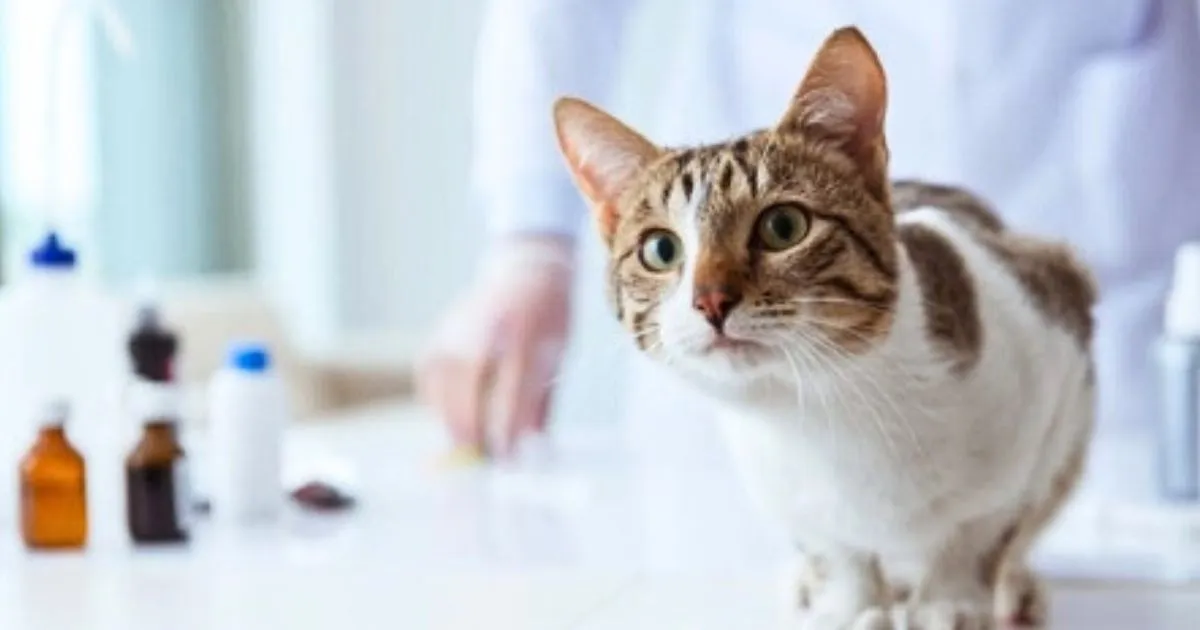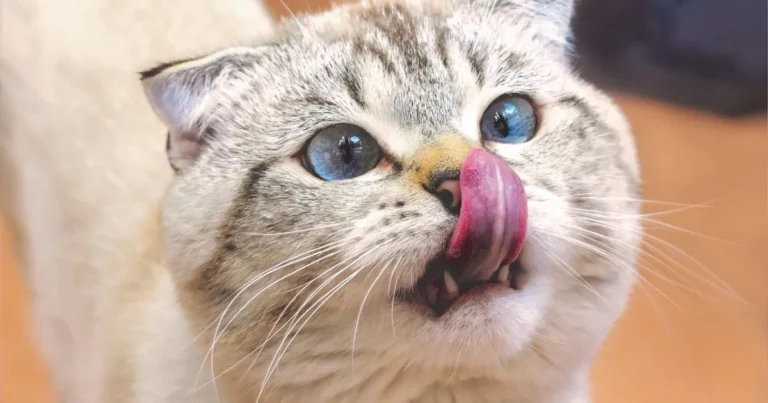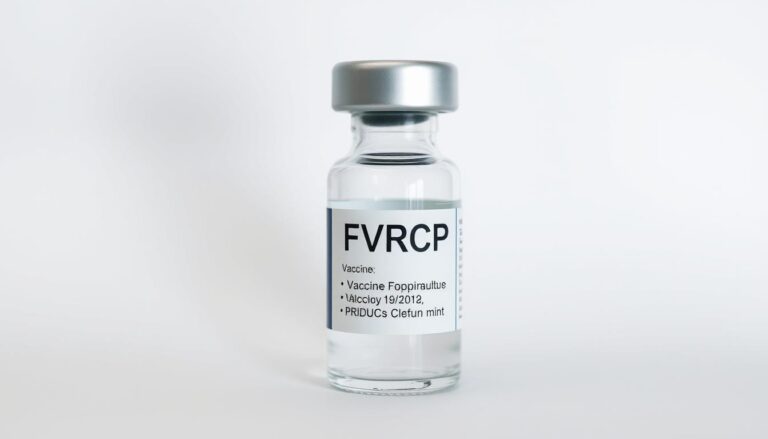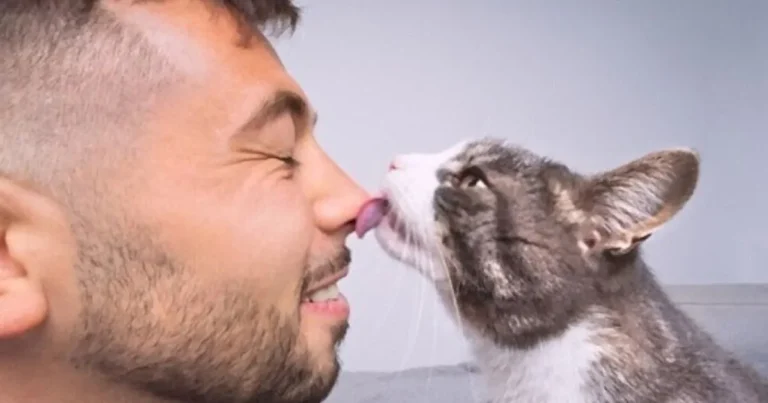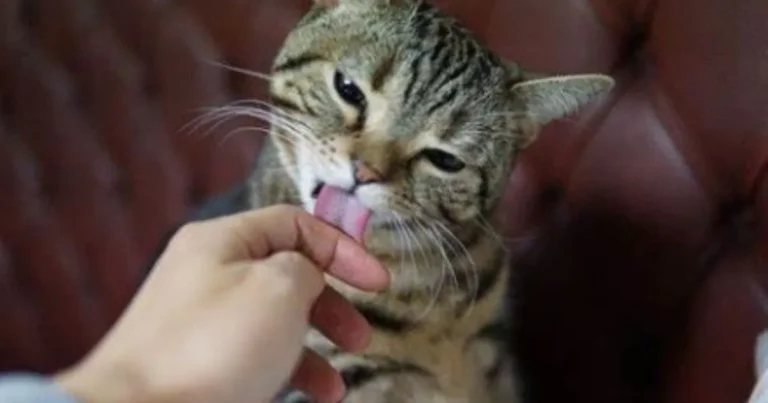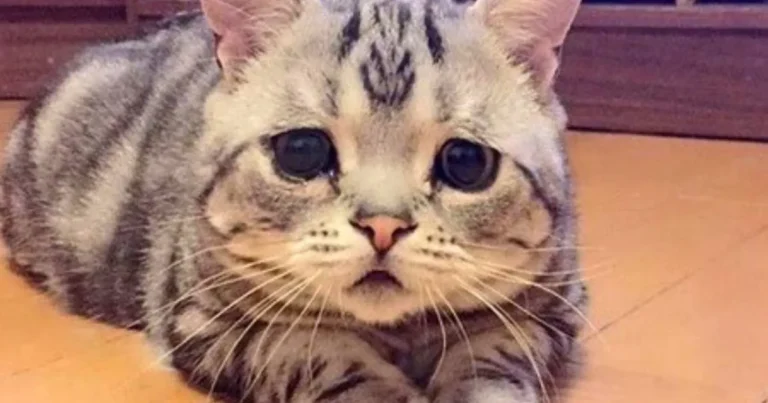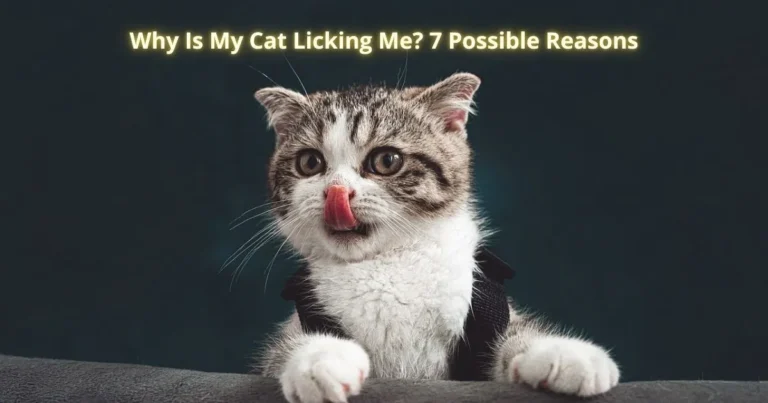FVRCP Vaccine for Cats: Why It’s Important
Table of Contents
FVRCP Vaccine for Cats
Every cat parent knows the deep bond we share with our feline companions. Protecting their health is more than a duty—it’s a sign of love. The FVRCP vaccine is a key defense against serious feline diseases.
The FVRCP vaccine is a core vaccine recommended by vets everywhere. It protects your cat from three serious viral infections. Whether your cat loves the outdoors or prefers staying indoors, this vaccine is vital for their health.
Knowing about the FVRCP vaccine is crucial for your cat’s health. It helps you make choices that could save your cat’s life. This guide will cover everything you need to know about the FVRCP vaccine and why it’s so important.
Understanding the FVRCP Vaccine Basics
The FVRCP vaccine is key to keeping your cat safe from serious diseases. It’s a vital part of keeping your pet healthy. It helps protect your cat from diseases that could be deadly.
Decoding the FVRCP Acronym
FVRCP stands for three important diseases in cats:
- Feline Viral Rhinotracheitis (herpesvirus)
- Virus (Calicivirus)
- Rhinitis (upper respiratory infection)
- Calicivirus
- Panleukopenia (feline distemper)
Why FVRCP is a Core Vaccine
Vets say the FVRCP vaccine is essential. It helps prevent serious and deadly diseases. The feline calicivirus and feline panleukopenia vaccines are also crucial for your cat’s health.
How the Vaccine Protects Your Cat
The FVRCP vaccine boosts your cat’s immune system. It teaches the immune system to fight off viruses. This is done by using a weakened form of the viruses.
Protecting your cat’s health starts with understanding and implementing comprehensive vaccination strategies.
Each part of the vaccine fights a different threat:
- Feline viral rhinotracheitis vaccine prevents severe respiratory infections
- Feline calicivirus vaccine combats another significant respiratory disease
- Feline panleukopenia vaccine defends against a potentially fatal viral infection
Three Critical Diseases the FVRCP Vaccine Prevents
Keeping your cat healthy is key, and the feline distemper shot helps a lot. It protects against three serious viral diseases. These diseases can be very dangerous and harm your cat’s health a lot.
- Feline Viral Rhinotracheitis (FVR): A highly contagious respiratory infection
- Calicivirus (C): A painful mouth disease causing ulcers
- Panleukopenia (P): Often called feline distemper
Now, let’s look at each disease and why getting vaccinated is so important:
| Disease | Primary Symptoms | Potential Complications |
|---|---|---|
| Feline Viral Rhinotracheitis | Severe respiratory issues, nasal discharge | Chronic respiratory problems |
| Calicivirus | Mouth ulcers, respiratory symptoms | Painful eating, potential pneumonia |
| Panleukopenia | Severe digestive issues, fever | High mortality rate in kittens |
Vets say the FVRCP vaccine is a must. It keeps your cat safe from deadly diseases. These diseases can spread fast in places where many cats live together or through simple contact.
Prevention is always better than treatment when it comes to your cat’s health.
The Importance of FVRCP Vaccine for Indoor Cats
Many cat owners think indoor cats are safe from diseases. But, the truth is more complex. Indoor cats can still face serious viral threats. This makes the FVRCP vaccine very important for them.
Viruses can live in places longer than we think. They can get into your home in many ways:
- Clothing and shoes bringing in viral particles
- Air currents from open windows
- Brief contact with other animals
- New furniture or objects entering the home
Transmission Risks for Indoor Cats
Your indoor cat might seem safe, but viruses can spread fast. Just one tiny virus can infect your cat easily. The FVRCP vaccine helps protect against these risks.
Environmental Persistence of Viruses
Some cat viruses can stay on surfaces for up to 12 months. This means your home could have hidden dangers. Vaccination is the best way to keep your cat safe from these risks.
Prevention is always more effective than treatment when it comes to cat health.
Vets always suggest the FVRCP vaccine for all cats, no matter where they live. Keeping your cat safe means knowing how viruses can spread.
FVRCP Vaccine Cats: Schedule and Timing
Creating a good feline vaccine schedule is key to keeping your cat healthy. The FVRCP vaccine schedule changes based on your cat’s age and health history.
Kittens start their vaccinations early. Your vet will give the first FVRCP shots when your kitten is 6 to 8 weeks old. Timing is everything in building robust immunity.
- First vaccination: 6-8 weeks of age
- Follow-up boosters: Every 3-4 weeks
- Complete initial series: Around 16-20 weeks old
Adult cats with unknown vaccination history need a different plan. Your vet might suggest a two-dose initial series, 3-4 weeks apart, for full protection.
“Consistent vaccination is key to preventing serious feline diseases.” – Veterinary Immunology Experts
Your cat’s lifestyle, health, and risk factors affect their vaccination schedule. Always talk to your vet to make a vaccine plan that fits your cat’s needs.
Vaccination Protocol for Kittens vs Adult Cats
Cat vaccinations are key to keeping your feline friend healthy. The FVRCP vaccine has different needs for kittens and adult cats. This is because kittens and adult cats have different immune systems and health needs.
Kittens need a more detailed vaccination plan than adult cats. Their growing immune systems need several doses to fight off diseases well.
Kitten Vaccination Timeline
Your kitten’s FVRCP vaccine schedule is very important. It helps build immunity. The usual plan includes:
- First vaccine at 6-8 weeks of age
- Booster shots every 3-4 weeks
- Final kitten vaccine around 16 weeks old
Adult Cat Booster Requirements
When your cat grows up, vaccinations don’t happen as often. Vets usually suggest:
- First adult booster one year after kitten series
- Subsequent FVRCP vaccine every three years
- Individual assessment based on cat’s health and lifestyle
Some things can change your cat’s vaccination needs. These include outdoor life, health, and what your vet says about fvrcp vaccine cats.
Cost Considerations and Value of FVRCP Vaccination

Keeping your cat healthy with vaccinations is key to their long-term well-being. The FVRCP vaccine is a smart and affordable way to stop serious diseases in cats.
The cost of the FVRCP vaccine varies. It’s usually between $20 and $50 per shot. Prices can change based on where you live and the vet clinic you visit.
“Prevention is always more affordable than treatment” – Veterinary Healthcare Professionals
Factors Influencing Vaccination Costs
- Geographic location
- Veterinary clinic pricing
- Additional wellness services
- Cat’s age and health status
Cost Management Strategies
To keep costs down for your cat’s health, try these:
- Pet insurance coverage
- Veterinary wellness plans
- Low-cost vaccination clinics
- Annual preventive care packages
| Vaccination Option | Average Cost | Cost-Saving Potential |
|---|---|---|
| Single FVRCP Dose | $20-$50 | Base Protection |
| Annual Wellness Plan | $100-$200 | Multiple Vaccinations |
| Pet Insurance Coverage | $30-$50/month | Comprehensive Care |
Getting your cat vaccinated now can save you money on medical bills later. It’s a wise choice for any cat owner.
Common Side Effects and What to Expect
When your cat gets the FVRCP vaccine, knowing about side effects can make you feel better. Most cats don’t feel much pain, but it’s good to know what to look out for. This helps keep your cat healthy and happy.
Mild Reactions to Expect
After the vaccine, cats might feel a bit tired or have a small fever. They might also sneeze a bit or eat less. You might see a small bump where the shot was given.
- Temporary lethargy or decreased activity
- Slight fever
- Mild sneezing
- Reduced appetite
- Small swelling at injection site
Recognizing Serious Reactions
But sometimes, cats can have more serious reactions. Look out for these signs that mean you need to call the vet right away:
- Persistent vomiting
- Significant swelling around injection area
- Difficulty breathing
- Severe allergic reactions
- Continuous lethargy lasting more than 24 hours
When to Contact Your Veterinarian
Most of the time, side effects go away quickly. But if they don’t or get worse, call your vet. Trust your gut about your cat’s health. Talking to your vet quickly can help your cat get better faster.
Remember: Every cat responds differently to vaccines, so individual experiences may vary.
Special Considerations for Different Cat Ages
Age is key when it comes to the fvrcp vaccine for cats. Each life stage has its own needs for keeping your cat healthy.
Young kittens need extra care with their vaccines. Maternal antibodies can block the vaccine’s effect. So, timing is very important. Vets usually give a series of vaccines to make sure kittens are well-protected:
- First vaccine given between 6-8 weeks
- More vaccines every 3-4 weeks until 16 weeks
- First booster shots are crucial for building immunity
Senior cats have different health challenges. Their immune systems weaken, so their vaccine needs change. Your vet might suggest:
- Less frequent but closely watched vaccinations
- Custom vaccine schedules based on health
- More health checks before vaccination
Every cat is different. Your vet can make a special plan for your cat’s age, lifestyle, and health.
“Age-specific vaccination strategies are key to maintaining optimal feline health.” – Veterinary Immunology Experts
Understanding Feline Immunity and Vaccine Protection
Your cat’s immune system is a complex defense mechanism. It plays a crucial role in keeping your cat healthy. Core vaccines for cats are designed to boost this system. They help your cat fight off diseases effectively.
Vaccines train your cat’s immune system to fight specific pathogens. When given, they start an immune response. This response creates protective antibodies, getting your cat ready to fight future infections.
Duration of Vaccine Protection
The length of immunity from core vaccines for cats varies. It depends on several key factors:
- Individual cat’s health status
- Age and genetic background
- Environmental exposures
- Nutritional condition
Factors Influencing Vaccine Efficacy
Several elements can affect how well your cat’s vaccine works:
- Stress levels: High stress can weaken immune response
- Overall nutritional health
- Age of the cat
- Existing medical conditions
Regular vet visits and booster shots are key to keeping immunity strong. Your vet can create a vaccination plan tailored to your cat’s health.
Vaccination is not just about individual protection, but also contributes to broader community immunity for felines.
The Role of FVRCP in Preventive Cat Healthcare
Preventive cat health is more than just treating illnesses. The FVRCP vaccine is key in keeping your cat safe and healthy. It can also save you money on vet bills in the future.
Cat vaccinations are vital for keeping pets healthy. By focusing on preventive care, you can avoid costly treatments. The FVRCP vaccine fights off serious viral diseases that could harm your cat’s health.
- Reduces potential veterinary treatment costs
- Prevents dangerous viral infections
- Supports long-term feline wellness
Your cat’s immune system gets a big boost from vaccinations. Vets say the FVRCP vaccine is a must for keeping cats healthy. It not only helps your cat but also helps keep the whole community safe, especially in places with many cats.
“Prevention is always more cost-effective than treatment” – Veterinary Healthcare Professionals
Think of the FVRCP vaccine as a smart investment in your cat’s life. Regular shots, along with check-ups and good food, build a strong defense against health problems.
Managing Post-Vaccination Care
After your cat gets the FVRCP vaccine, it’s important to care for them properly. Most cats do well after getting vaccinated. But, knowing how to help your pet feel better is key.
Keep an eye out for any side effects after your cat gets the fvrcp vaccine. While it’s rare, some cats might feel a bit off. Make sure your cat has a quiet, cozy place to rest and get better.
- Watch your cat’s behavior and temperature
- Provide a quiet, warm resting space
- Ensure access to fresh water and light meals
- Minimize physical activity for 24-48 hours
Subtle changes are normal, but persistent symptoms warrant veterinary attention. Common mild reactions include:
- Slight lethargy
- Reduced appetite
- Minimal swelling at injection site
“Your cat’s comfort and careful observation are key to post-vaccination recovery.” – Veterinary Health Experts
If your cat shows severe reactions like persistent vomiting, big swelling, or extreme changes, call your vet. Most cats bounce back to normal quickly after getting vaccinated.
Conclusion
The FVRCP vaccine is a key part of keeping your cat safe. It helps protect them from serious diseases that could harm them. Vets say it’s essential for both indoor and outdoor cats.
Getting your cat vaccinated with FVRCP has many benefits. It stops three harmful viruses, lowers vet bills, and gives all-around protection. This way, you can keep your cat healthy and happy for years.
Being a good pet owner means knowing about health care. Talk to your vet about the FVRCP vaccine for your cat. They’ll give advice based on your cat’s needs. Vaccines are important for your cat’s health and for all cats.
Every cat is different, so their vaccination needs can change. Working with your vet is key to keeping your pet healthy. By choosing preventive care with the FVRCP vaccine, you’re helping your cat live a long, happy life.

